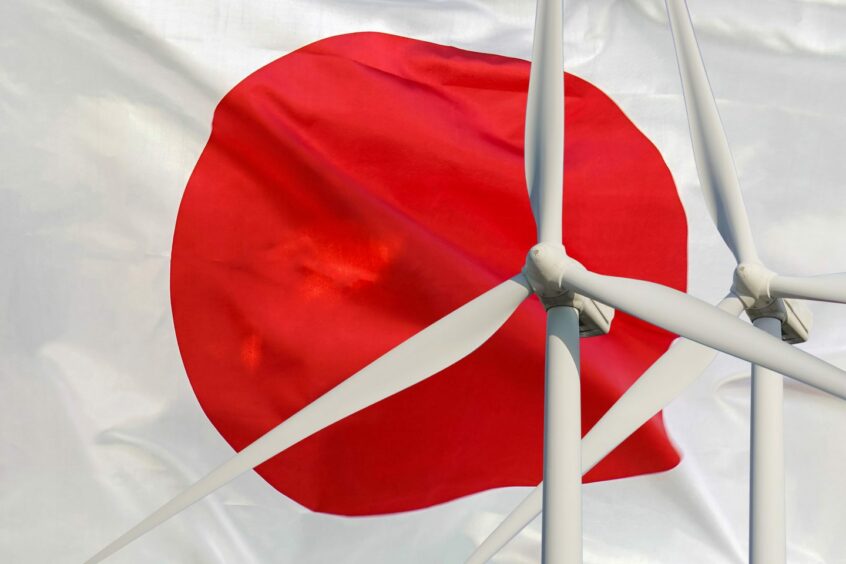
Singapore-listed Marco Polo Marine has signed an agreement with K Line Wind Service (KWS) to explore suitable vessel opportunities in the frontier Japanese offshore wind market.
“Through the new entity, both parties seek to own and operate suitable offshore support vessels targeting customers in this sector. The agreement marks Marco Polo Marine’s successful entry into another major offshore wind market in Asia, in addition to Taiwan,” Marco Polo said in a statement Tuesday.
Marco Polo Marine has expanded rapidly into the offshore wind industry in recent years, with the successful acquisition of PKR Offshore, an established Taiwan-based wind vessel operator, in May this year. The group also commissioned the development of a new Commissioning Service Operation Vessel (CSOV) at their Batam shipyard in early
September to expand its service offerings to support the offshore windfarm sector.
KWS was set up in June 2021 as a joint venture between Kawasaki Kisen Kaisha (“K” Line) and Kawasaki Kinkai Kisen Kaisha for the purpose of providing marine related services for offshore wind power business.
“As Japan unlocks the potential of its offshore wind as a reliable source of energy, we believe the market can become a key revenue-driver for Marco Polo Marine. With KWS as our strategic partner, we intend to pool together our expertise in vessel management and leverage on their deep knowledge of the Japanese market to support the pipeline
of offshore wind projects in the region.” said Sean Lee, CEO of Marco Polo Marine.
According to the Global Wind Energy Council (GWEC), Japan has vast offshore wind potential, with approximately 128 GW of fixed-bottom offshore wind potential and 424 GW of floating offshore wind potential. To encourage development in the sector, the Japanese government has put forth a target to achieve 10 GW of offshore wind by 2030 and 30-45 GW by 2040.
As Energy Voice reported in October, major offshore wind developers, including bp, RWE Renewables, Equinor, Orsted, Shell, and TotalEnergies, are excited by the huge offshore wind potential in energy-short Japan.
Indeed, Japan has long been a major energy importer, relying heavily on fossil fuels. But the government is firmly behind a pivot to more domestic renewable energy to boost energy security in these uncertain times, as well as help meet its 2050 decarbonisation goals.

